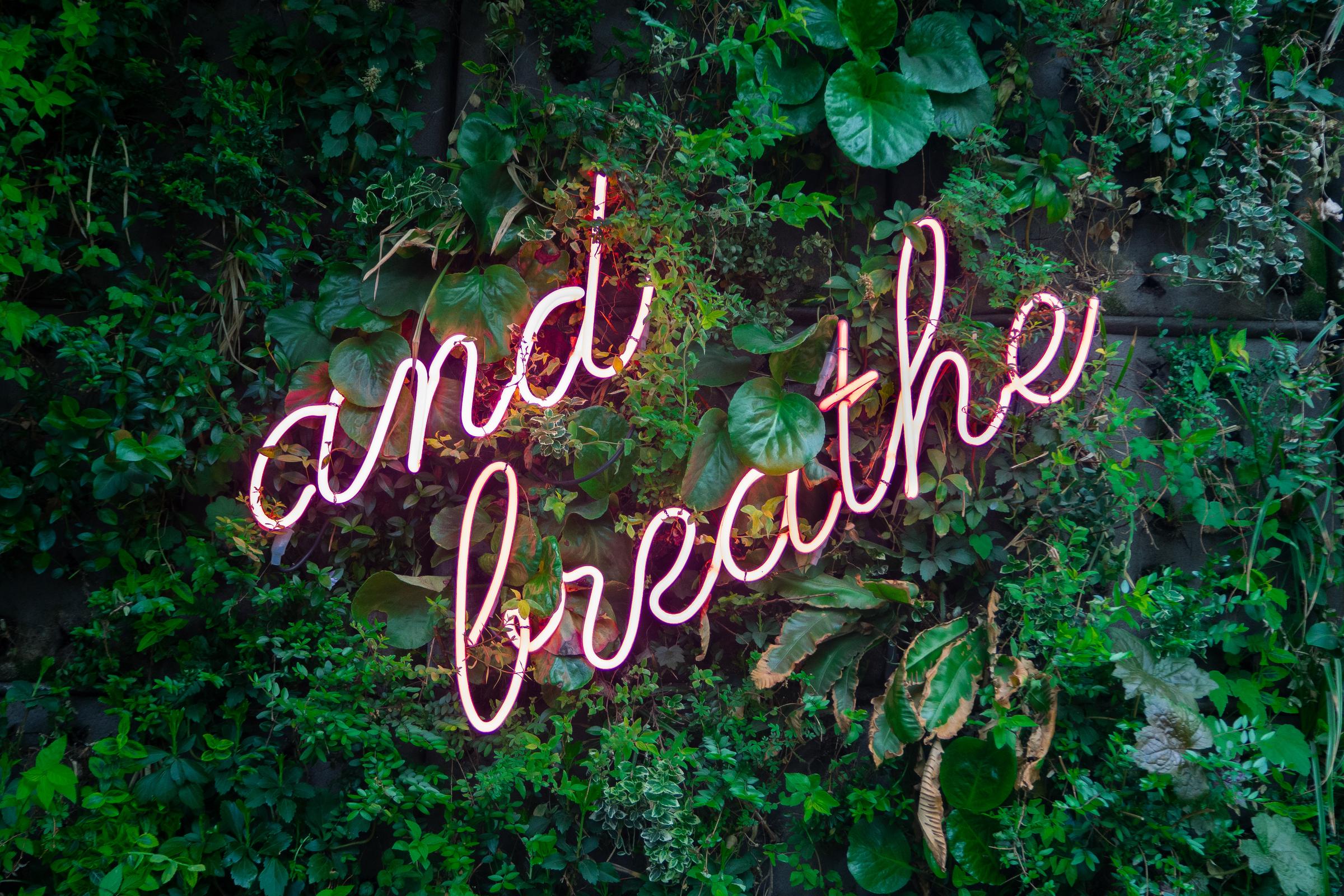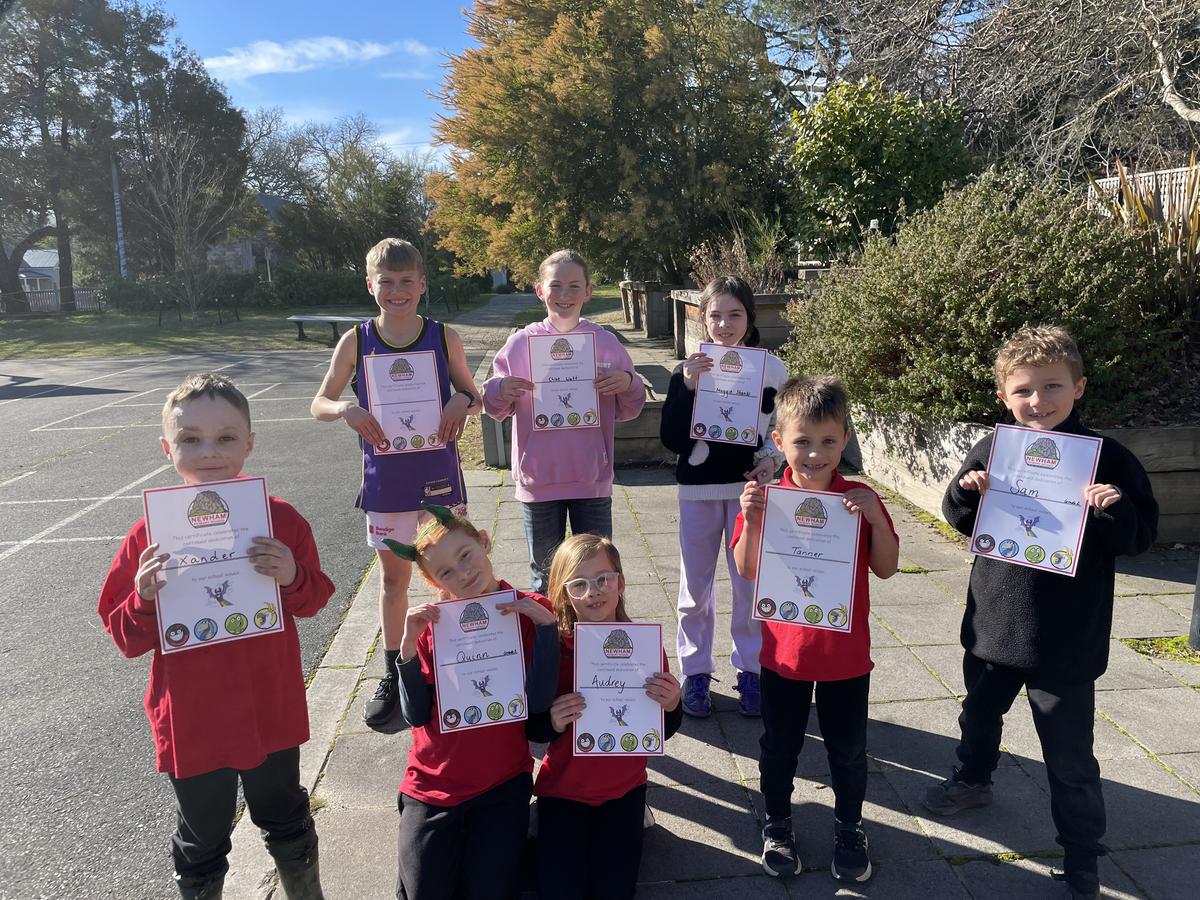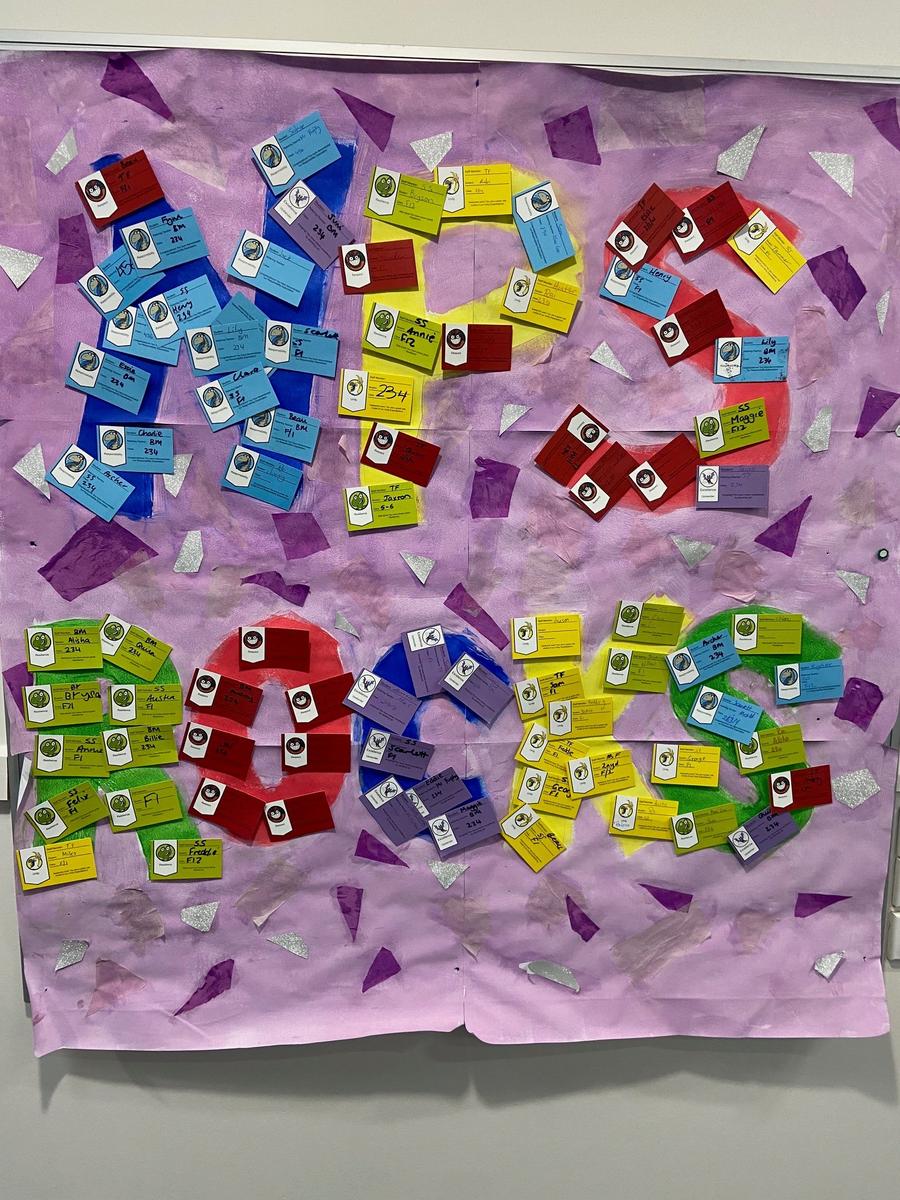Wellbeing

SWPBS Success
Well done to the incredible students who achieved 20 value cards this week!
As a school, we're also looking forward to celebrating our success with positive behaviours with an afternoon of Robot Wars and Kahoots next Tuesday.
SWPBS Update
The staff at NPS completed some annual surveys and self-assessments to check how our School-Wide Positive Behaviour System is functioning and refresh our action plan. They highlighted that we have strong implementation of clearly teaching students our values and expected behaviours, strongly encouraging appropriate behaviours and responding consistently to inappropriate behaviours. A couple of areas to work on include our communication with families around SWPBS and our behaviour data collection and analysis.
One thing we're aiming for at the moment is sending lots of positive acknowledgements home - we hope these help you to celebrate your child along with us! Look out for them on Compass.
Another thing we'll do is feed you some information on the essential features of SWPBS.
To start with...What is SWPBS?
Here's how the Department describes it: "School-wide Positive Behaviour Support (SWPBS) is a globally recognised, evidence-based framework that helps schools create safe, positive, and inclusive environments where students and staff can thrive. SWPBS supports the Education State priorities and the Victorian Teaching and Learning Model 2.0 by helping schools build consistent, whole-school systems that promote positive behaviour, wellbeing, and inclusion—creating the right conditions for effective teaching, learning, and leadership across the school."
The first two Essential Features are 1: A Common Philosophy and Purpose and 2: Leadership. This means that we have proactive behaviour support strategies as part of our school culture, leadership who prioritises support for SWPBS and a team who work consistently on implementing SWPBS.
Child Development & Wellbeing Information
This week: Navigating Friendship Troubles
Recommendations
Listen: Parental as Anything S2E4: How to Help Your Child Make Friends - another great podcast series. Follow the link or find on ABC Listen or wherever you stream podcasts. This episode is a fantastic discussion on supporting child to adolescent friendships, through making them, to setting boundaries, dealing with conflict and recognising toxicity. Highly recommend!!
Read: School-Age Friendships: How to Support Them - another great article from Raising Children Network
Watch: microlearning videos (3-4 mins) on child friendships from All Play Learn, an organisation sharing evidence-based strategies with parents and educators. You might also like to visit their website, here’s their page on Social Skills.
Teacher Advice:
Parents give such incredible support to children at home with friendships. You are probably who a child will unload to after troubles! Remember to always take a breath for yourself in these situations (they can bring up hard feelings and memories from our own childhoods). You're a rock and a role model for resilience and pro-social skills. I've heard from kids so much wonderful advice their parents have given them on how they can constructively respond. This might be helping the child assume the best of their friend, like thinking about how they might have had a bad day or that everyone makes mistakes. It might be practising seriously saying "That's enough". Or taking a pause from a sticky relationship and workshopping others they might play with.
However, please reach out to us at school if you’re concerned about your child and friendship troubles. We might have further insights from multiple perspectives, but also these things can go under the radar for us. Once we know about them, we can help make a plan that your child is comfortable with.
Conflict troubles with friends
Sometimes, kids don’t want to ‘get their friends in trouble’ by talking to a teacher. If we know about an issue, we can quietly and privately have a chat. We can remind them that at NPS we work together to understand each others’ feelings and sort things out so we can get along.
Something we can do is talk in general terms to a friendship group having trouble, to reteach and remind about respectful behaviours, and call out inappropriately silly or hurtful behaviour. We might also organise a whole class refresher or lesson focusing on a social skill.
Another thing we can do is help your child to have a restorative conversation with a friend. The Kimochis Keys to Communication offer our students useful guidance for when things go wrong in their relationships. At school, we use these to help students resolve conflict constructively. In particular, the Keys support children to use "Helping Words" and "Redo Hurtful Moments". This is where a child can name a specific behaviour/action the other person did and how it made them feel - like "I felt really sad when you ...". This helps them to voice and understand each other's feelings, while focussing on the issue not the person. It gives them an opportunity to "redo", perhaps by making a strong apology that includes a statement of how they'll behave in future.
Difficulty finding friends
At a small school, or even a big school, sometimes students don't exactly find their 'people' or a 'best friend'. What we work hard to do at Newham is help every child to feel a sense of belonging and inclusion in their class and our school.
We practise strategies in class wellbeing lessons to include others and raise our own odds of getting included, and promote Respect and Unity as key values.
At lunchtimes, teachers offer clubs for half of every lunchtime. This provides a chance for more structured play and for people of any age to hang out and do something fun together, whether they're friends or not, building a sense of belonging. Clubs include building, Newham News, craft, Eurovision and Choir.

